Fasting during Ramadan affects not only the timing of meals and fluids, but can also disturb medication intake, sleeping patterns, hormone levels, and changes to the circadian rhythm can affect a person’s metabolic state. Weight can be also be affected – some maintain weight, whereas others may lose or gain weight. This often depends on whether large meals and treats are consumed on iftar (opening of fast at sunset) versus eating normal, healthy meals. Studies have demonstrated that fasting in Ramadan can be associated with beneficial effects on the lipid profile of healthy individuals, particularly causing reductions in low-density lipoprotein (bad cholesterol) levels.
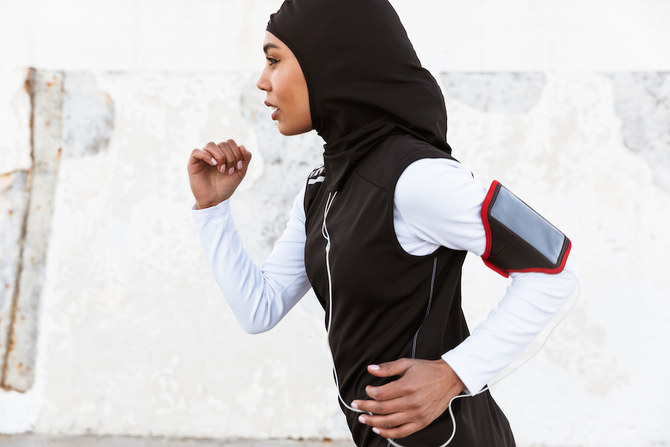
Additionally, intermittent fasting has been associated with positive changes in hormonal responses, oxidative stress, and inflammation. Furthermore, as a consequence of fasting, smoking will be significantly reduced and may help those who are trying to quit achieve this in Ramadan, which will also have positive physiological effects.
Participating in sport or doing exercise during Ramadan doesn’t have to be a total write off. In fact, with some advice from the experts, it’s still something you can do safely and sustainably over the thirty day period of reflection. Between interrupted sleeping patterns and a lack of liquids, maintaining a normal workout routine during Ramadan can be hard. However, in order to remain healthy during the holy month, finding the time to work out will help to keep energy levels up, your mind clear and your metabolism stable. The holy month should not be when you give up on your fitness goals. Rather, make Ramadan a time to recharge so you can hit the gym strong after these four weeks.
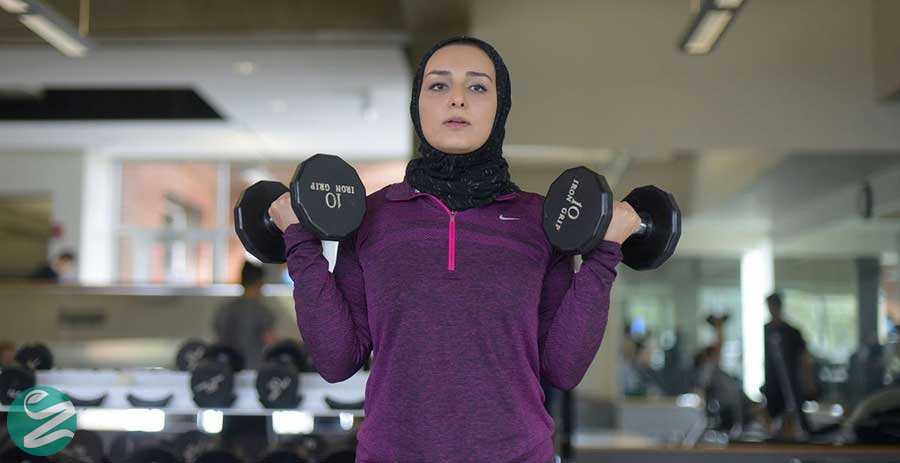
Be realistic about your fitness goals
First thing’s first, it must be recognized that Ramadan isn’t a time to build your fitness or tone, but rather maintain it. It’s not sensible to train at 100% intensity, nor will it be likely that you’ll manage to achieve this. If you regularly exercise, you might continue to frequently work out at a much lower intensity to prevent weight gain and muscle loss. However, if you’re not a particularly active individual, Ramadan isn’t the best time to be putting this strain on your body.
Exercise frequency, how often should you exercise?
If you’re scratching your head about how to stay active in Ramadan, you should probably aim to exercise between two and three times per week. A useful routine to follow would be three times a week on alternate days.
Exercise duration, how long should you exercise?
It’s a good idea to stick to 30–45-minute sessions, depending on the intensity of the workout and your fitness level. For instance, a slightly more intense workout may go on for half an hour, whilst a moderate workout may last for 45 minutes.
Exercise intensity, how hard should your workout be?
As a rule of thumb, your workout should be about 50% less intense than a workout outside of Ramadan. You should lower the weight of your equipment, reduce the number of reps, increase your rest time, and opt for the easiest option available. It can’t be stressed enough that Ramadan isn’t the time to push yourself to your limits or try unfamiliar exercises.
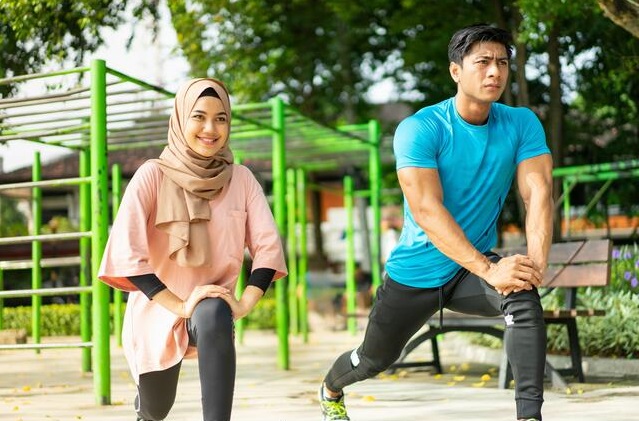
Exercise timing, when is the best time to exercise?
It’s no secret that the best time to exercise during Ramadan isn’t while you’re fasting; you should only exercise when you have fluid and food in your body. In fact, dehydrating a muscle by as little as three percent can result in a 12 percent loss of strength. Therefore, you should do a workout after Iftar, after Tarawih prayers, and before Sahri/Suhur (meal consumed early in the morning before fasting).
After Iftar, your body will be fuelled by a small meal and an intake of liquids; however, prayer time might limit the amount of time you have available for a workout. Consequently, when exercising after Iftar, you might opt for a slightly higher intensity workout spanning 20-30 minutes. If you can’t quite squeeze your workout between Iftar and Tarawih prayers, it’s not too late to exercise after this. During this time, it’s permitted to consume a post-workout meal or shake so that you can aid your body in its recovery.
Finally, if you have the willpower to get out of bed early, you can slot your workout session before Suhur. Exercising at this time can be particularly beneficial as it can provide you with energy for the remainder of the day. Just be sure to drink plenty of water before and after the workout, eat a snack around half an hour before, and enjoy a nutrient-dense Sahri meal after.
Types of workout
If you’re wondering how to get the best out of Ramadan workouts, unfortunately, cardio isn’t the way to go. As a result, running during Ramadan probably isn’t the best idea, as your body won’t have the energy to do this. Instead, you should focus on strength training to avoid any muscle loss during this time. If you’re desperate to squeeze in a cardio session, you shouldn’t do this more than two times a week and your sessions shouldn’t exceed half an hour. You can add some stretching or yoga exercise after each session
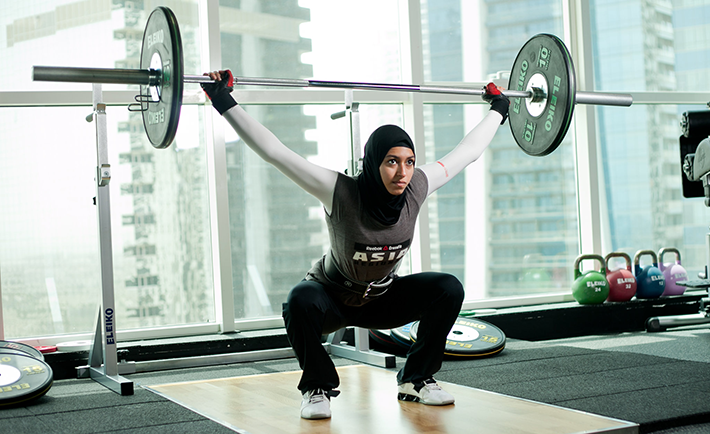
Tips for nutrition for sports and exercise during Ramadan
- Ensure you drink plenty of fluids, between two and three litres equally split between suhur, iftar, and over the non-fasting period. It is best not to consume too much fluid in one go as this can cause an increase in urine output. Avoid too many caffeinated drinks as these may cause you to lose fluid and salts.
- Try to ensure you have good amounts of slow-releasing carbohydrates (low glycemic), such as wholegrain options of starchy foods e.g. wholegrain cereals, wholemeal bread, wholewheat pasta, brown or basmati rice, wholemeal chapattis. Or include high fibre foods that release energy slowly e.g. grains, seeds, barley, wheat, oats, millet, semolina, beans, pulses, or lentils.
- Include protein foods to ensure you get enough protein over the day e.g. meat, fish, eggs, beans, lentils, nuts, seeds, or vegetarian alternatives. Slow-release proteins such as dairy foods.
- Include some fruit and vegetables with the meal – diced, chopped, or eaten whole.
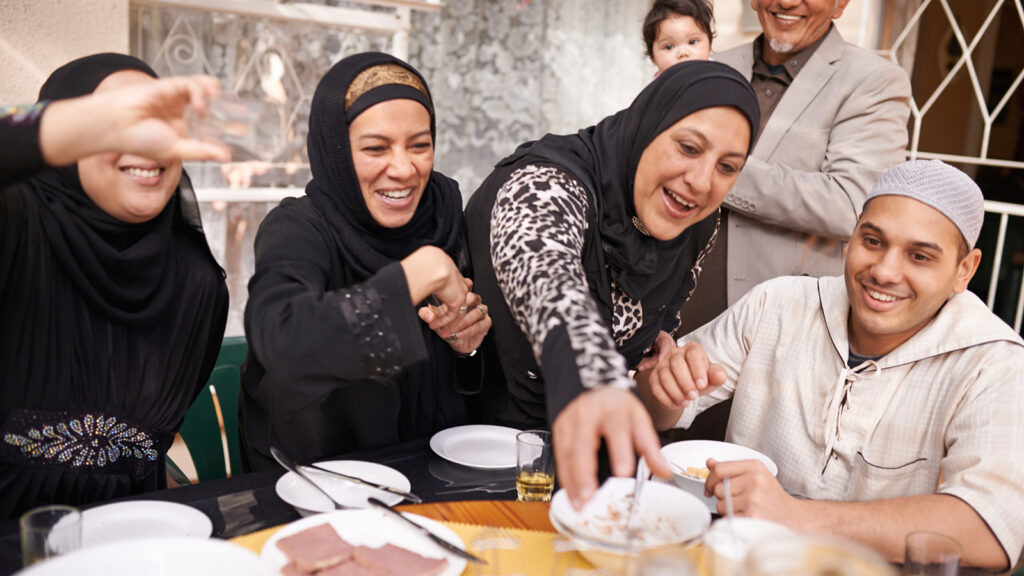
At Sahri
- Eat as close as possible to sunrise and think about what sports and exercise you are planning to do that day:
- If planning higher intensity or longer duration activities, try to ensure you have good amounts of slow-releasing carbohydrates.
- If you are planning a less intense activity, still include carbs as above, but try to focus on water as the main fluid option and try not to consume drinks high in carbohydrates such as fruit juices or sugary drinks.
- Do include some salt in the food whilst cooking but try not to add salt to foods at the table as too much salt can increase thirst during the day.
- Try not to miss Sahri as this can lead to decreased energy in the day and lead to glycogen depletion sooner.
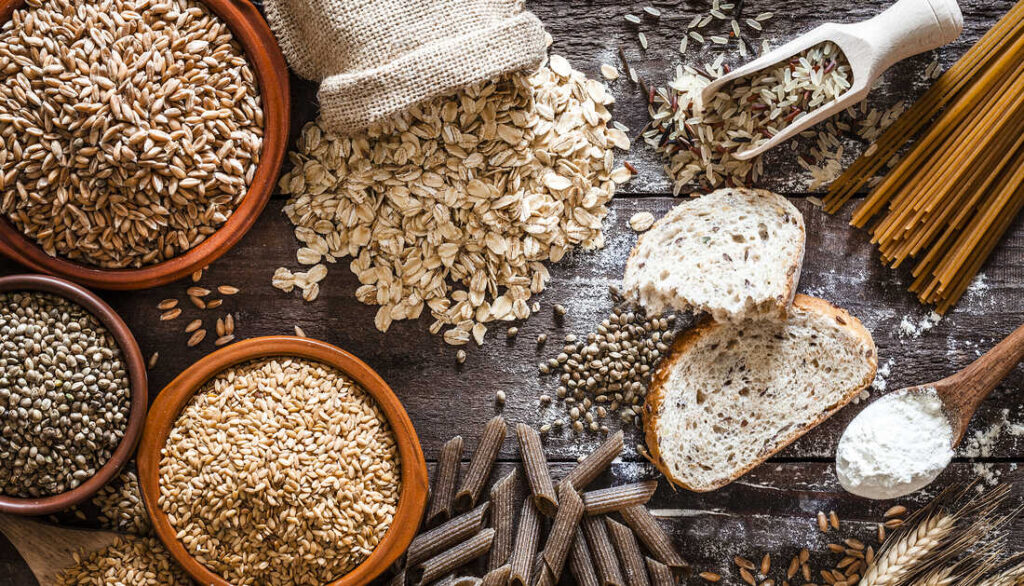
At Iftar
- Breaking the fast with dates and water (as is traditional in Ramadan) or milk is great for the replacement of glycogen stores.
- Start with wholesome foods such as soups, salads, and fruits.
- Do include some salt in the food whilst cooking and if you’ve had significant sweat losses during the day, you may need to include some extra at the table.
- Do include some treats e.g. starters and sweet treats but try to cook these using healthy cooking methods where possible. If not possible, try to keep to smaller portions.
After Iftar
- Keep drinking water to rehydrate gradually over this time. If taking part in evening prayers, ensure to drink after completing them, to ensure good rehydration.
- You may want to have another meal or high carbohydrate snack during this time, to ensure you are getting enough macronutrients for recovery of any activity during the day.
- If eating opportunities are limited, drinks with high energy/nutrient density can be useful to meet high-energy requirements e.g. fruit and milk or yoghurt smoothies. Slow-release casein shakes could be considered for those that are struggling with managing to eat regularly.
Happy Ramadan.

Dr Saranjeet Singh
Fitness & Sports Medicine Specialist
Lucknow (UP), INDIA

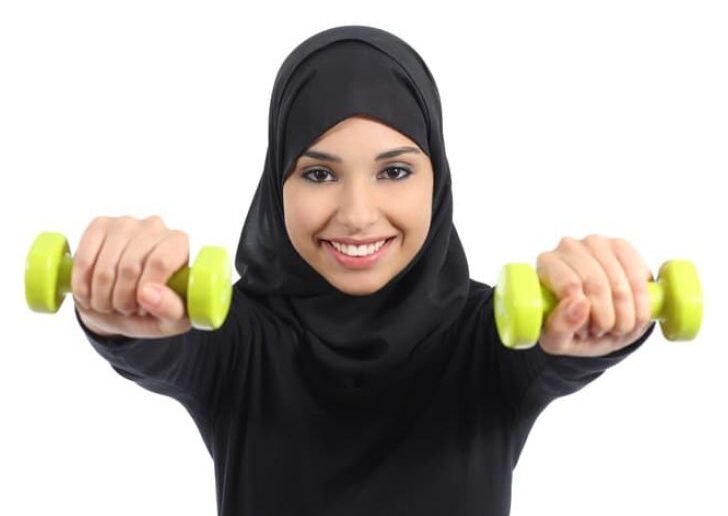

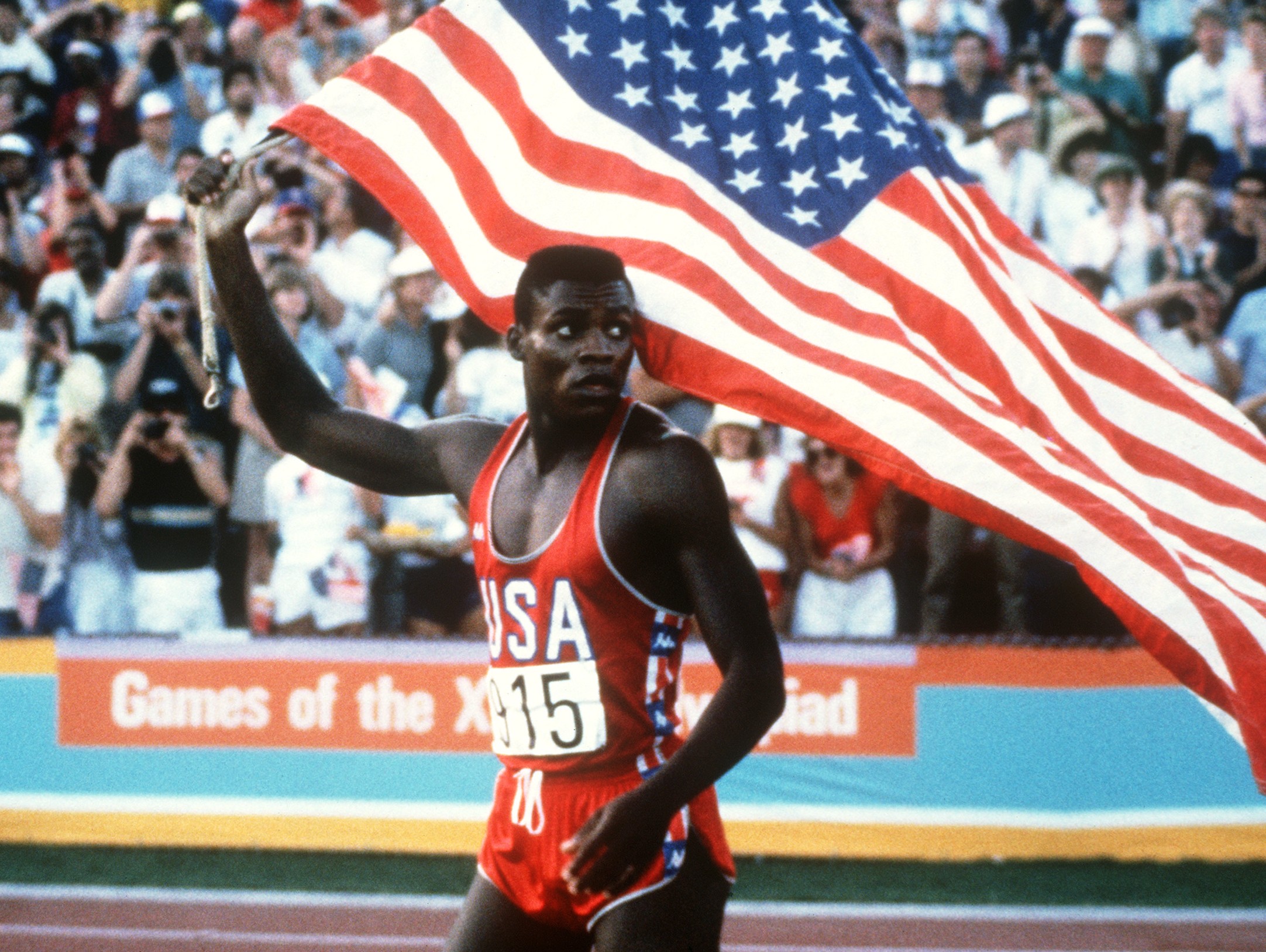




बेहद यूनीक और जबरदस्त आर्टिकल है। अक्सर रमजान में एक्सरसाइज को पूरी तरह से अवॉइड किया जाता है लेकिन आपने जिस तरह से चीजों को साइंटिफिकली प्रजेंट किया है वह बेमिसाल है। इससे रमजान में भी फिटनेस को लेकर फिक्रमंद रहने वाले लोगों को बेहतर रास्ता मिलेगा। आप निश्चित रूप से फिटनेस फील्ड के महागुरु हैं।
Shukriya! Mazhar bhai, iska idea to aap hi ne diya tha.